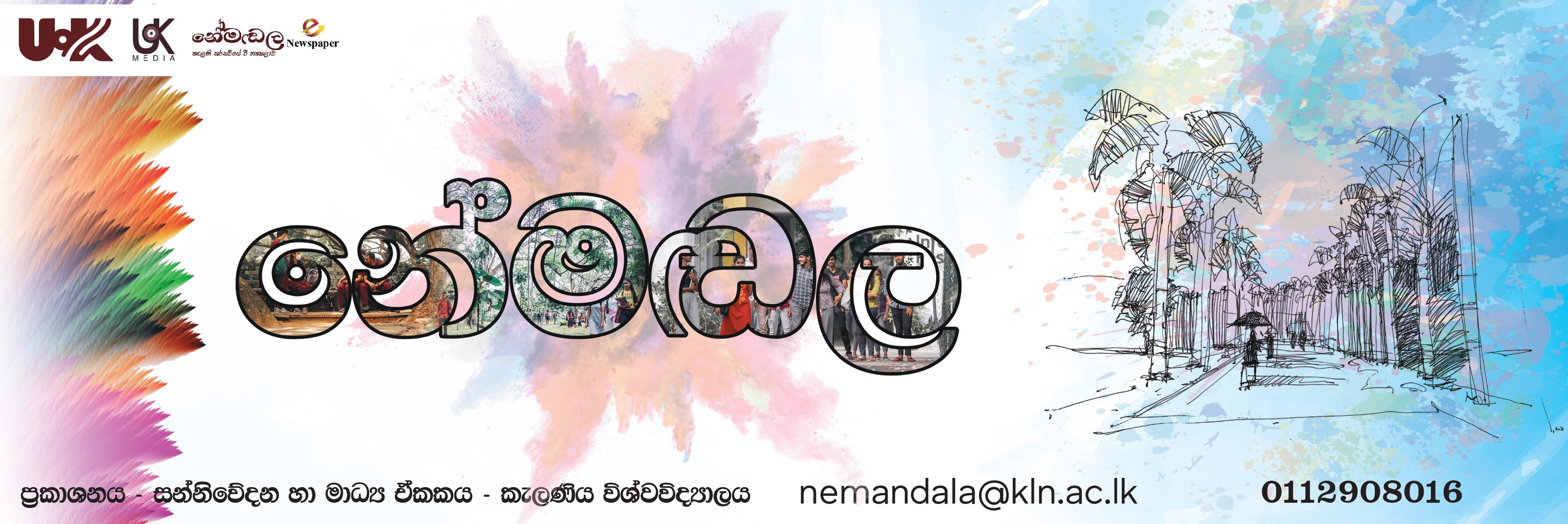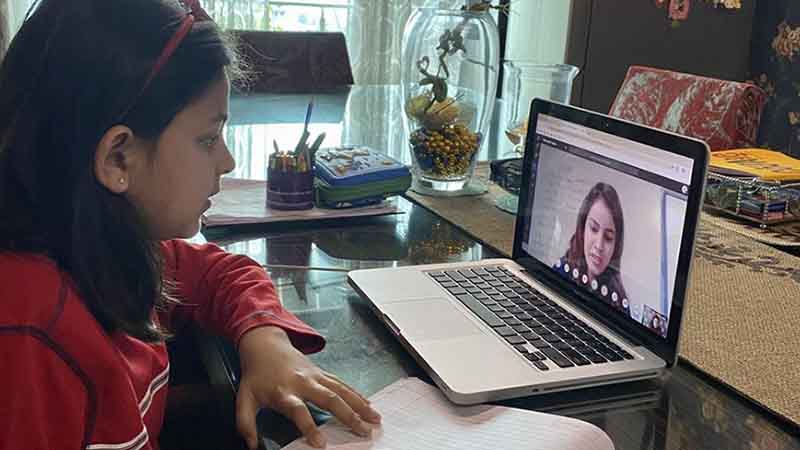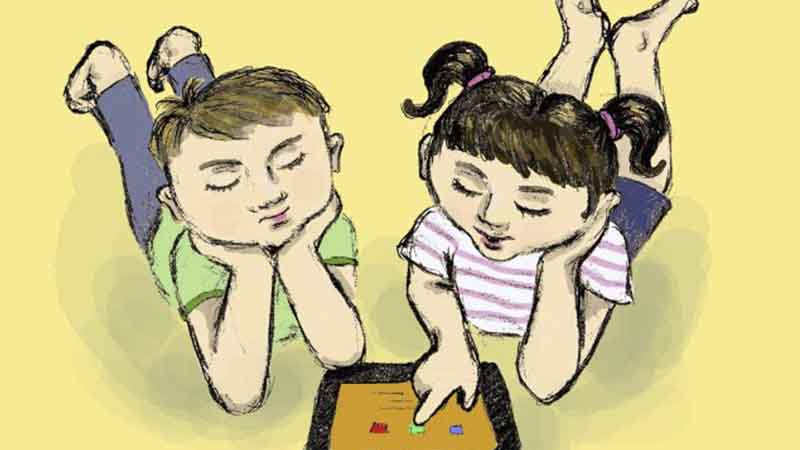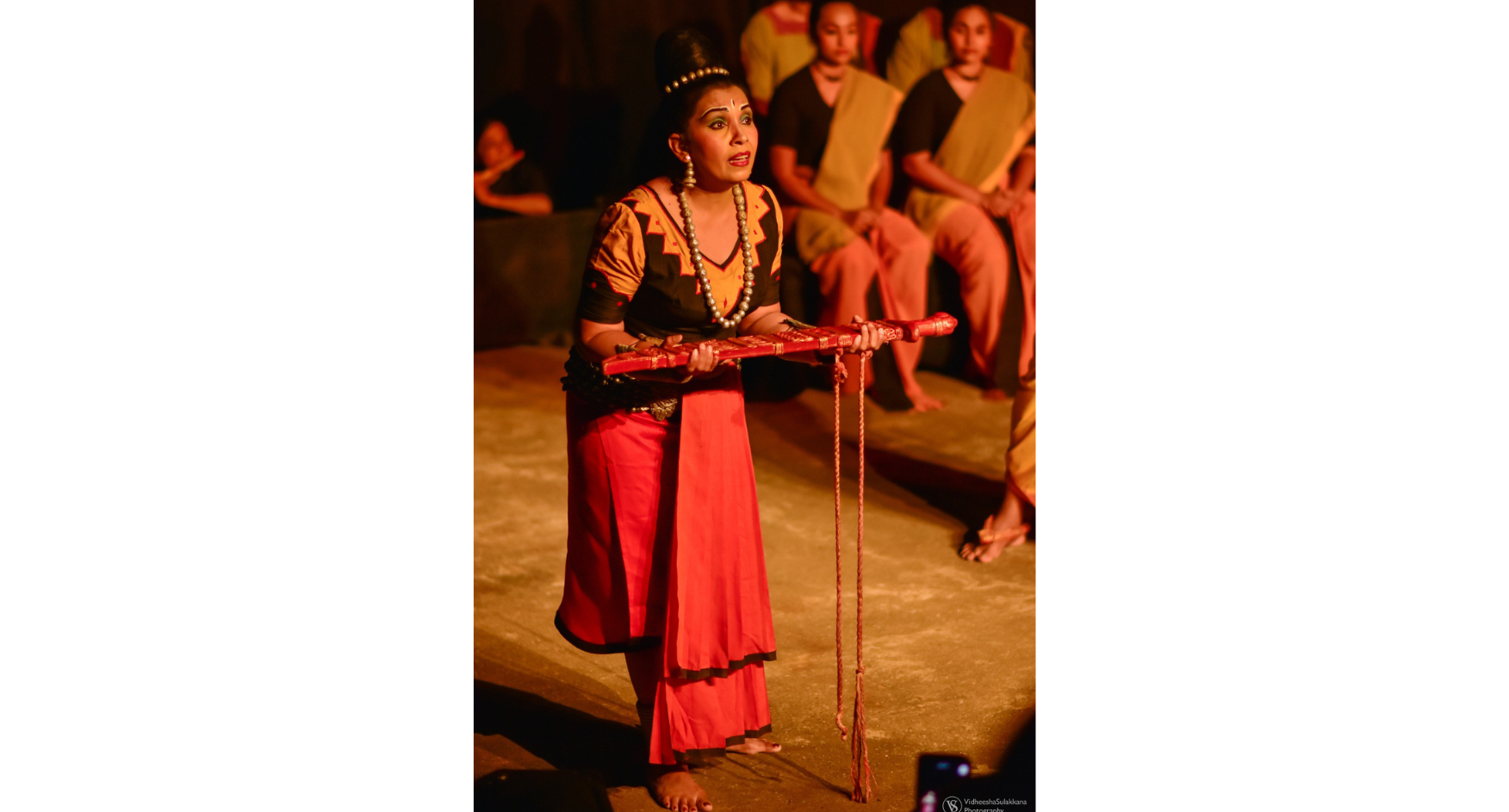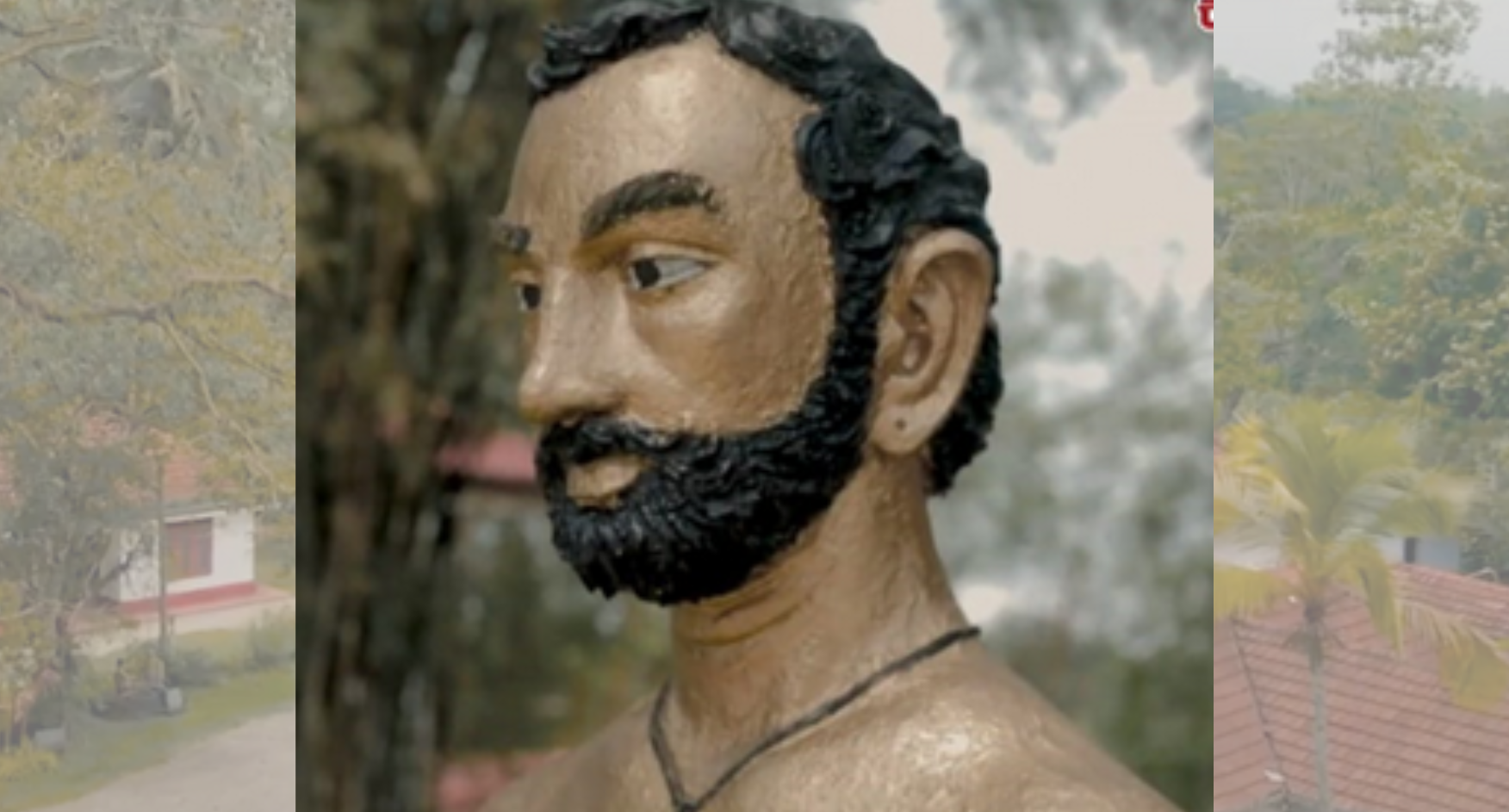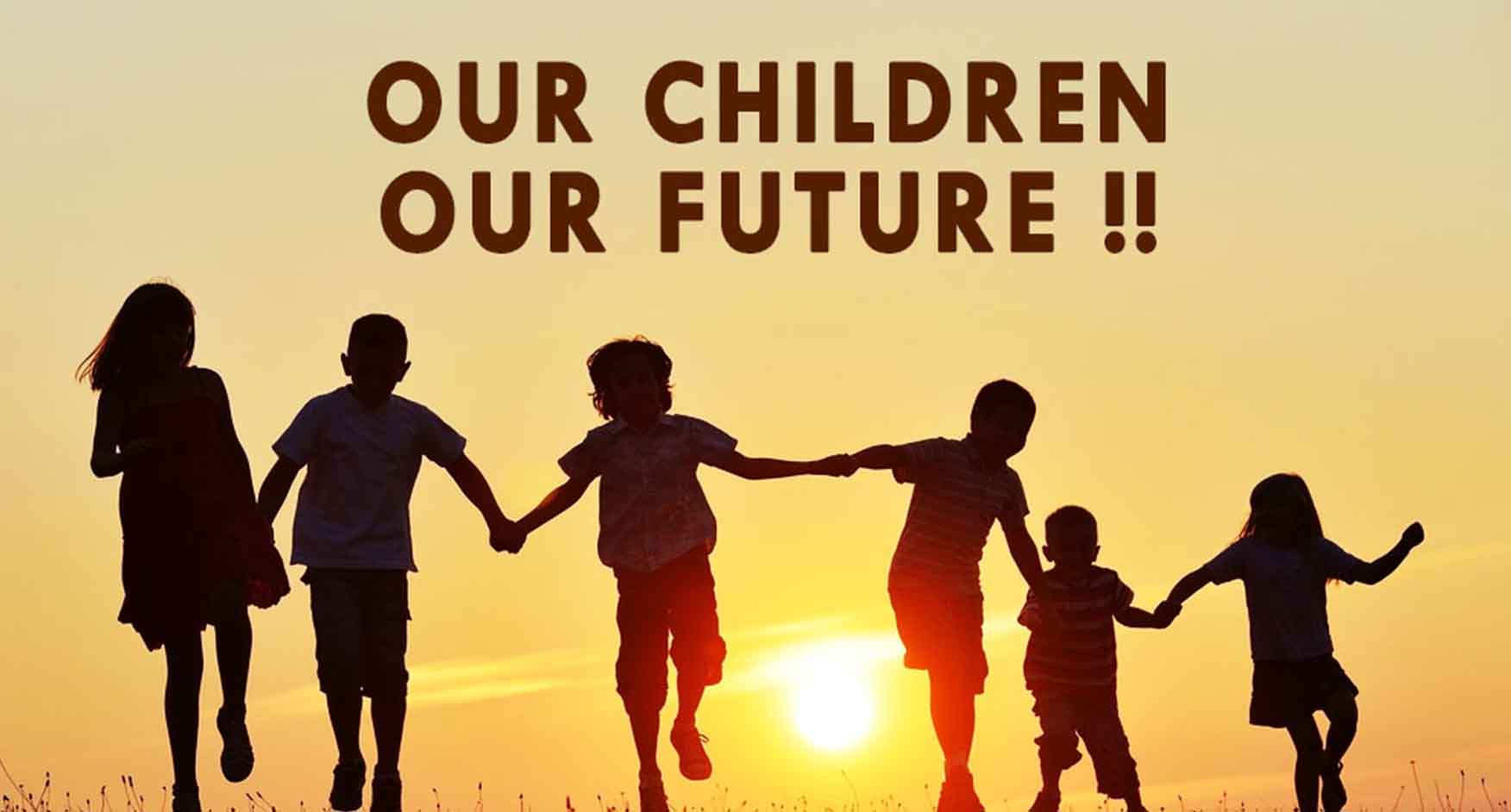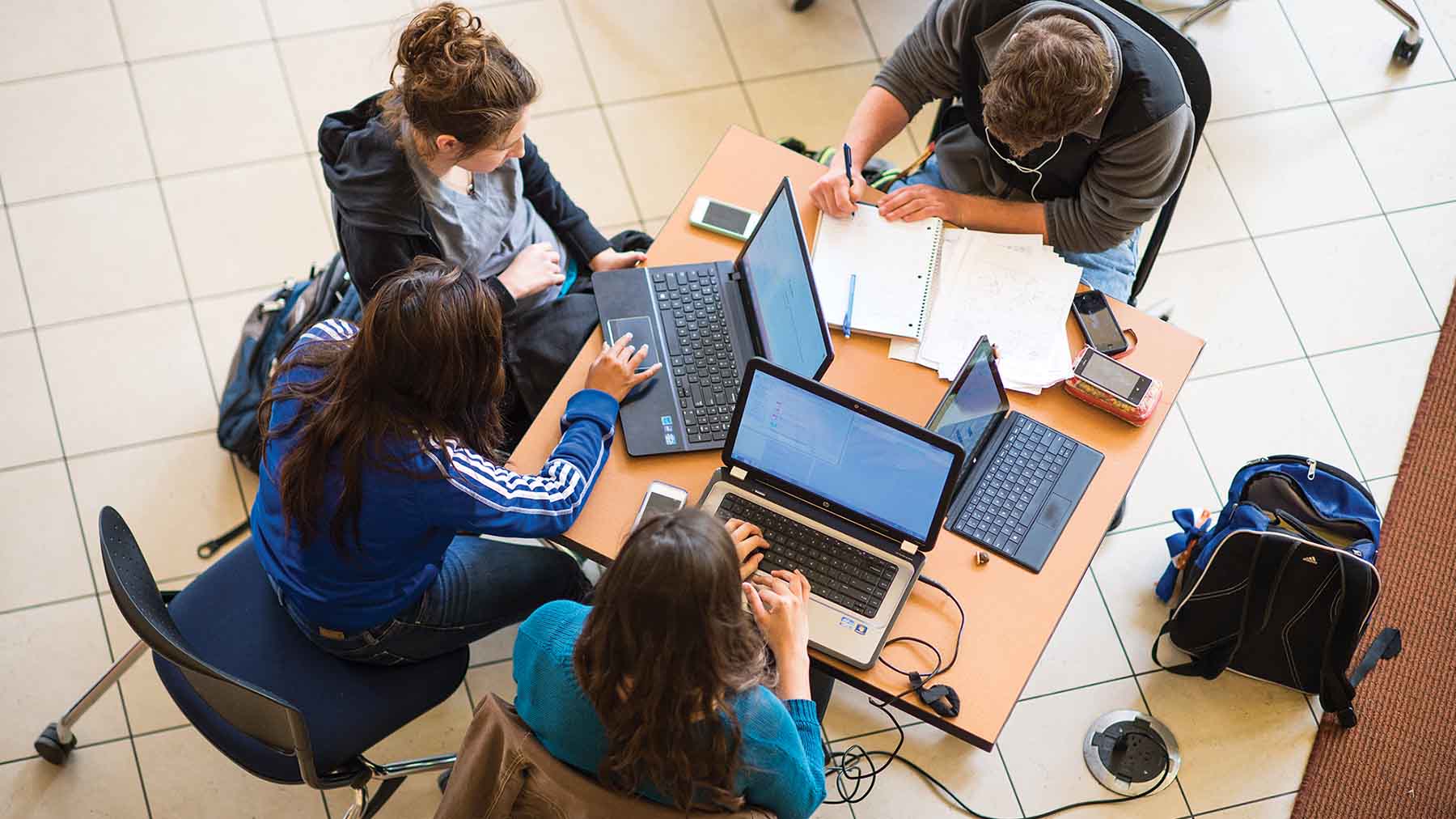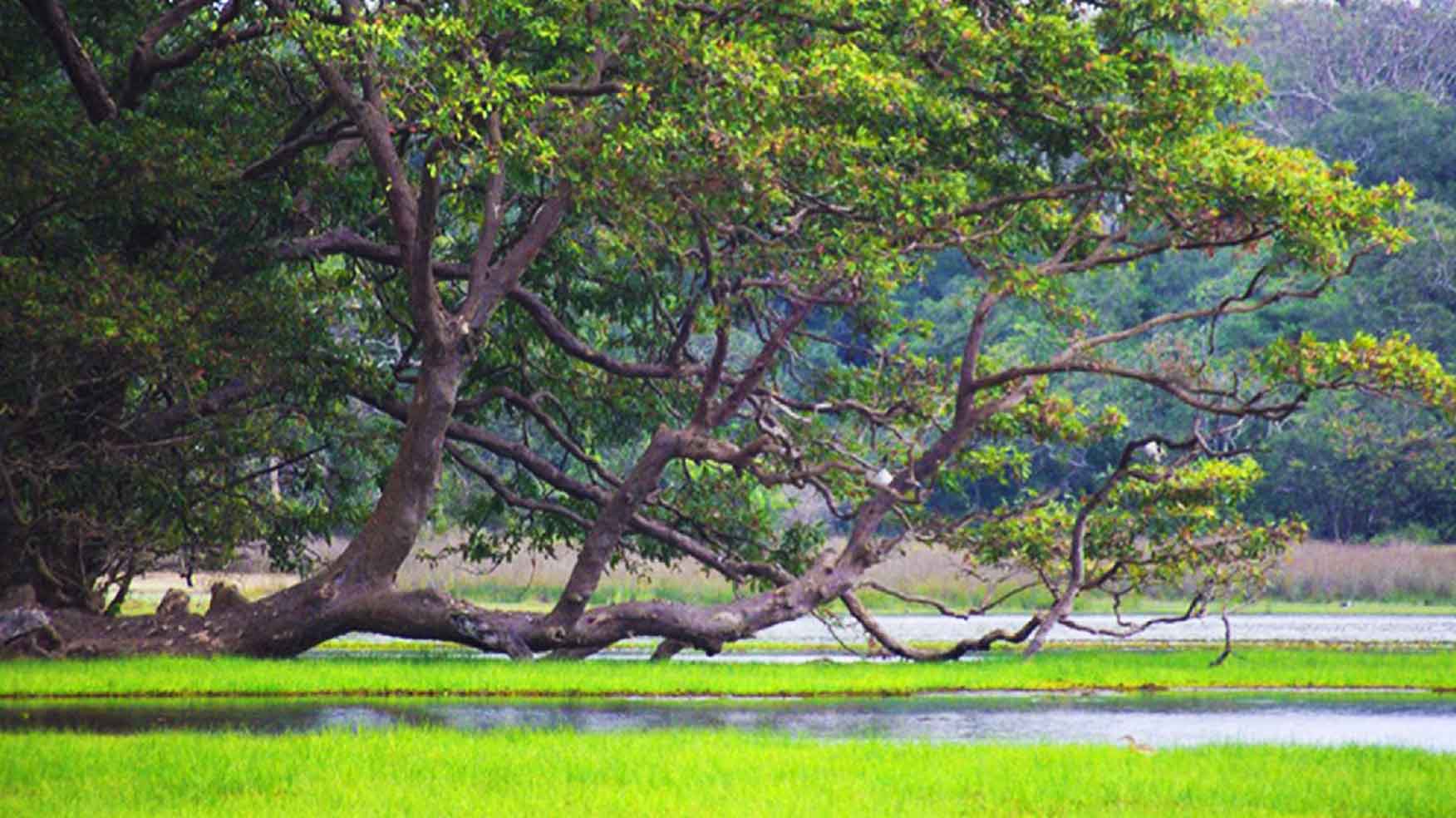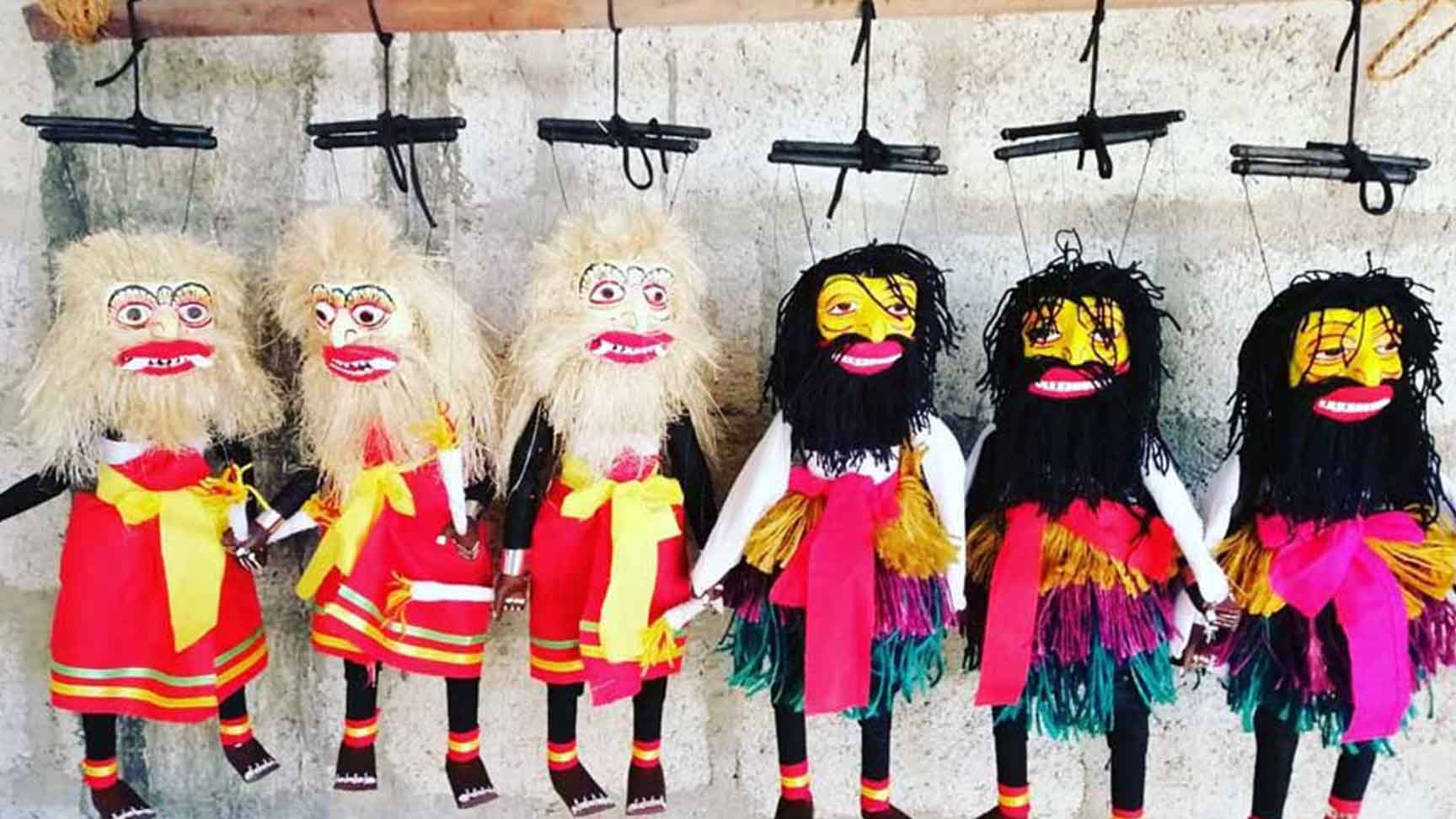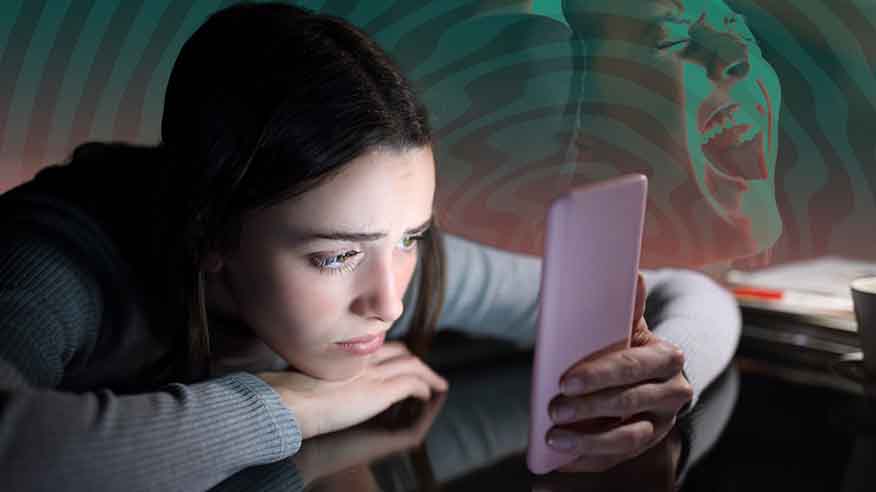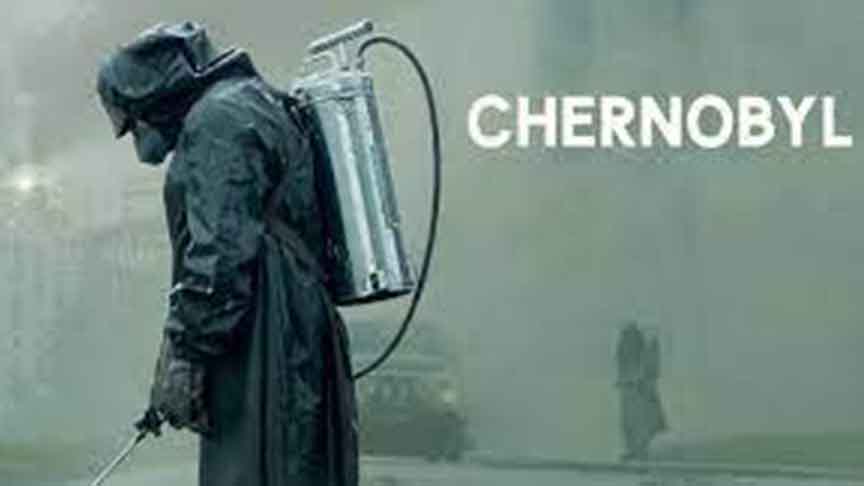Covid 19 Supernova and Higher Education in Sri Lanka
- ඉස්කෝලේ
- Hits: 1132
Currently, the COVID-19 epidemic and the decline of the school system are issues of discussion. In January 2020, the severe acute respiratory syndrome coronavirus 2, the eighth human coronavirus, was identified in Wuhan, Hubei province, China, following a recent outbreak of pneumonia. Since then, the virus has spread globally, putting all key systems in danger. The effects of covid-19 on the school system are serious, but in Sri Lanka, they are far more disastrous than in affluent nations. To ensure the continuation of the Sri Lankan higher education system, the Sri Lankan government used distance learning resources and Covid-19 instructional initiatives, transforming the Covid 19 pandemic into a supernova state.
To optimise the continuity of education, the Sri Lankan government used a blended (hybrid) classroom approach. Students in the hybrid education model are taught at home on some days of the week and at school on other days. As a result, the majority of institutions began their academic and administrative activities using technology devices and applications while working remotely. Moreover, the introduction of online education, as opposed to the traditional academic model, was viewed as a structural shift in the higher education sector in Sri Lanka (Rameez. et al., p. 343), as face-to-face teaching and learning had been the traditional method in Sri Lankan universities for a long time. So, implementing hybrid and the online teaching method was also a novel experience for most lecturers. According to Rameez et al., (2020), "teachers, students and other staff who have a lack of skill in modern tools and technology have faced several challenges" (p. 343). However, the government took several steps to reduce the costs borne by teachers and students participating in online educational activities to make this process successful. As part of this, universities used their moodle-based learning management systems. The government facilitated the continuation of academic activities using the Zoom app through the Lanka Education and Research Network (LEARN). In addition, some online service companies gave free admission to public colleges. Despite some minor obstacles, such as power outages and signal problems in Sri Lanka, the implementation of this blended classroom method was a success.
The Sri Lankan government implemented a series of control measures, including a nationwide curfew, inter-district travel restrictions, and the closure of high-risk villages to reduce the growth rate of Covid 19. The mission to combat the COVID-19 pandemic led by his excellency the President's vision of "proactive intervention to prevent any outbreak of COVID-19 within Sri Lanka. In alignment with this vision, the GoSL was stern in its efforts to contain the virus's spread in the country. A ban on all public gatherings, the closure of all educational facilities, including schools and universities, the discontinuation of non-essential services, and the implementation of an island-wide curfew with a work-from-home option for the entire population are among the measures. The Ministry of Health and Indigenous Medical Services also published the 'Sri Lankan Preparedness and Response Plan COVID-19' on 9th April 2020. This showed the actions taken by the MOH (Ministry of Health) and the government effectively. Furthermore, Under the psychological LOO, the GoSL communicates key messages on behavioral guidelines to be followed by the public, like hand washing, the use of sanitizers, and social distancing. All these campaigns helped to carry the education system without any problem. Therefore, implementing health restrictions and imposing a curfew was a successful way how Sri Lanka responded to the Covid 19 pandemic to carry the higher education teaching and learning process without any issues.
However, Sri Lanka's approach to limiting the Covid 19 pandemic was commendable. To comply with the World Health Organization's recommendations, the Ministry of Education and his excellency the President did their part. Therefore, the COVID 19 supernova created a novel path in the Sri Lankan education system.
Dineth Nipunya
Second Year
Department of English Language Teaching (DELT)
Faculty of Humanities
References
Amaratunga, D., Fernando, N., Haigh, R., & Jayasinghe, N. (2020). The COVID-19 outbreak in Sri Lanka: A synoptic analysis focusing on trends, impacts, risks, and science-policy interaction processes. Progress in Disaster Science, 8, 100133. https://doi.org/10.1016/j.pdisas.2020.100133
Rameez, A., Fowsar, M. A., & Lumna, N. (2020). Impact of COVID-19 on higher education sectors in Sri Lanka: A study based on south eastern University of Sri Lanka. Journal of Educational and Social Research, 10(6), 341. https://doi.org/10.36941/jesr-2020-0132
